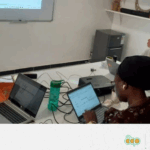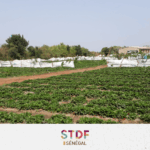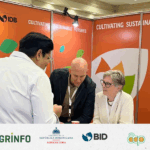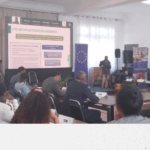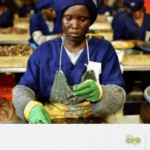- 10/06/2025
- Posted by: Christelle Bento
- Category: ACP EN, Corp EN, Headline, News
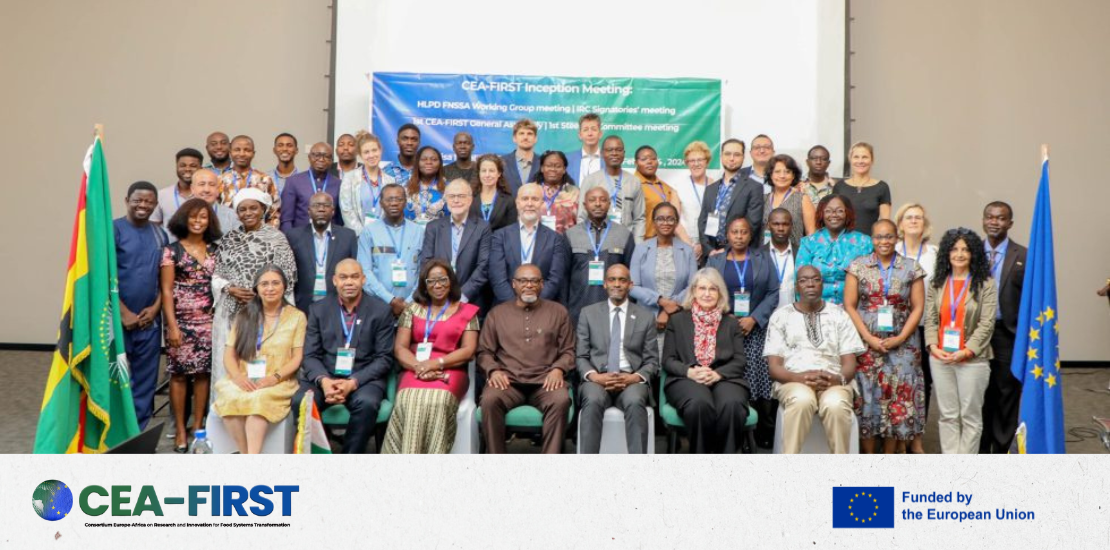
The CEA-FIRST Consortium identifies key opportunities for strengthened EU-AU collaboration.
As part of the CEA-FIRST project aiming to establish a functional International Research Consortium (IRC) on FNSSA, a mapping report of multistakeholder initiatives (MSIs) active in the field of food and nutrition security and sustainable agriculture in Africa and Europe has just been finalized. Conducted as part of Work Package 3, the aim of this mapping exercise is to support the implementation of the IRC by identifying existing multi-stakeholder platforms, fora, and/or initiatives directly involved in food and farming systems that include actors in Europe and/or Africa and relate to research or innovation. The final goal was to assess their synergies and inform future stakeholder engagement strategies.
A rich but fragmented ecosystem
The study identified 242 MSIs through a combination of desk research, internal and external consultations, and targeted data analysis. The initiatives were distributed as follows:
- 38% operate at the global level;
- 39% operate at the regional level.
- Only 10% are bi-continental (Africa–Europe).
- Just 10% are specifically focused on Africa.
These findings highlight a significant geographical imbalance and emphasise the urgent need to bolster African-led initiatives that are grounded in local contexts and realities.
Stakeholders and funding: A landscape still dominated by Europe
In contrast to earlier expressed concerns about private sector dominance in MSIs on agricultural transformation at global scale, the majority of identified initiatives in this EU-AU landscape are funded by public sources (64%), followed by blended finance (24%) and private funding (12%). The European Union is the main funder, supporting almost half of the identified initiatives.
Academic institutions are the most represented stakeholders (48%), followed by government actors (41%). In contrast, the private sector is underrepresented, particularly in initiatives focused on research and innovation suggesting a significant untapped potential.
A major challenge: sustainability
While 62% of initiatives are currently active, many depend on short-term funding and end once the initial financing is consumed. The frequent use of the term ‘partnership’ for short-lived projects highlights the need for stronger governance structures, sustainable financing mechanisms and institutional anchoring.
The report also recommends adopting a network-based approach to better understand the interconnections, flows of influence and structural dynamics among MSIs and actors, moving beyond isolated analyses.
The strategic role of the International Research Consortium
Drawing on the findings of this mapping exercise, the International Research Consortium (IRC) can establish itself as a strategic coordination hub, reducing fragmentation, fostering synergies and supporting long-term engagement by:
- Thematic working groups;
- Shared governance platforms;
- Establishing a dynamic, continuously updated MSI database.
Next steps
From 2025 onwards, the IRC will organise a series of stakeholder engagement webinars targeting public and private actors involved in funding, implementing or using FNSSA R&I results. The objective is to expand the IRC’s membership and reinforce bi-continental coordination.
More information on the CEA FIRST consortium: https://news.colead.link/fr/lancement-du-consortium-europe-afrique-sur-la-recherche-et-linnovation-pour-la-transformation-des-systemes-alimentaires-cea-first/

